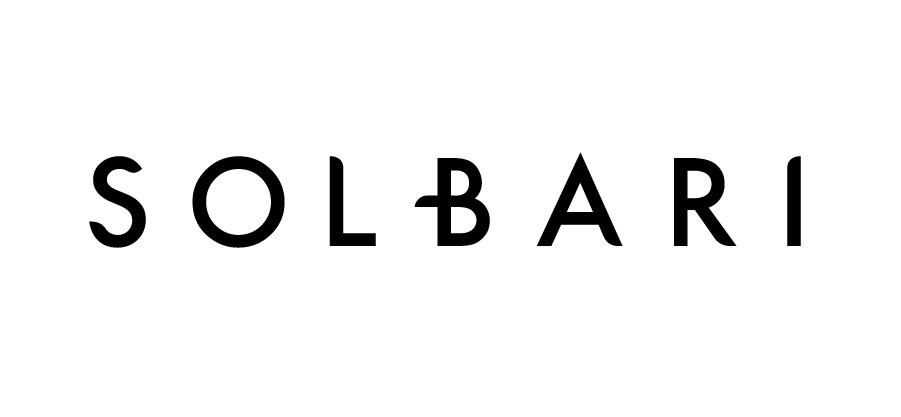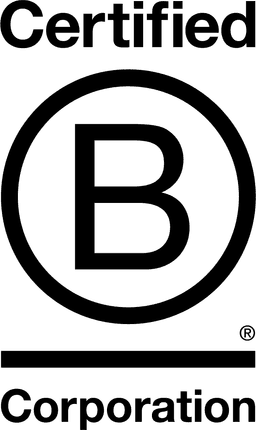

Solbari

Victoria, Australia
August 2022
Apparel
Wholesale/Retail
Australia,
Canada,
Hong Kong S.A.R.,
Netherlands The,
New Zealand,
Sweden,
Switzerland,
United Arab Emirates,
United Kingdom,
United States
Founded in Melbourne, Australia, Solbari is a global leader in UV protection, empowering individuals to enjoy the outdoors with confidence. With skin cancer being one of the most common — yet highly preventable — cancers, Solbari is passionate about raising public awareness of skin health and sun safety. Combining innovation, science and style, Solbari designs award-winning UPF50+ clothing, sun hats, accessories and SPF50+ skincare that provide world-class sun protection without compromising on comfort or aesthetics. All products undergo rigorous independent testing and are approved by the Australian Government. Many of our fabrics also proudly carry The Skin Cancer Foundation’s Seal of Recommendation. Beyond product, Solbari actively invests in prevention and early detection of skin cancer through partnerships with charities and health-tech organisations. Since launching in 2014, Solbari has delivered millions of hours of clinically rated sun protection to more than 650,000 customers across 160+ countries — inspiring a global movement towards a sun-smart lifestyle.
Overall B Impact Score
Governance 18.7
Governance evaluates a company's overall mission, engagement around its social/environmental impact, ethics, and transparency. This section also evaluates the ability of a company to protect their mission and formally consider stakeholders in decision making through their corporate structure (e.g. benefit corporation) or corporate governing documents.
What is this? A company with an Impact Business Model is intentionally designed to create a specific positive outcome for one of its stakeholders - such as workers, community, environment, or customers.
Workers 29.3
Workers evaluates a company’s contributions to its employees’ financial security, health & safety, wellness, career development, and engagement & satisfaction. In addition, this section recognizes business models designed to benefit workers, such as companies that are at least 40% owned by non-executive employees and those that have workforce development programs to support individuals with barriers to employment.
Community 20.9
Community evaluates a company’s engagement with and impact on the communities in which it operates, hires from, and sources from. Topics include diversity, equity & inclusion, economic impact, civic engagement, charitable giving, and supply chain management. In addition, this section recognizes business models that are designed to address specific community-oriented problems, such as poverty alleviation through fair trade sourcing or distribution via microenterprises, producer cooperative models, locally focused economic development, and formal charitable giving commitments.
Environment 15.3
Environment evaluates a company’s overall environmental management practices as well as its impact on the air, climate, water, land, and biodiversity. This includes the direct impact of a company’s operations and, when applicable its supply chain and distribution channels. This section also recognizes companies with environmentally innovative production processes and those that sell products or services that have a positive environmental impact. Some examples might include products and services that create renewable energy, reduce consumption or waste, conserve land or wildlife, provide less toxic alternatives to the market, or educate people about environmental problems.
Customers 13.6
Customers evaluates a company’s stewardship of its customers through the quality of its products and services, ethical marketing, data privacy and security, and feedback channels. In addition, this section recognizes products or services that are designed to address a particular social problem for or through its customers, such as health or educational products, arts & media products, serving underserved customers/clients, and services that improve the social impact of other businesses or organizations.
What is this? A company with an Impact Business Model is intentionally designed to create a specific positive outcome for one of its stakeholders - such as workers, community, environment, or customers.